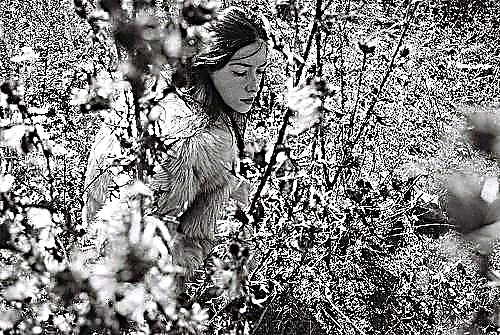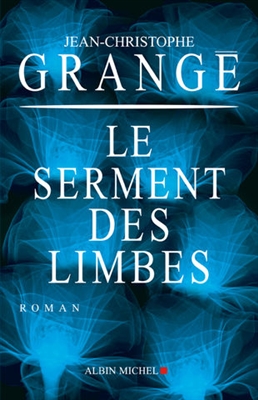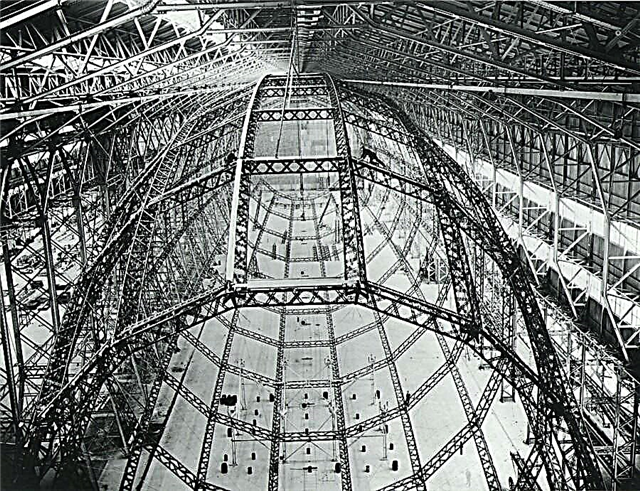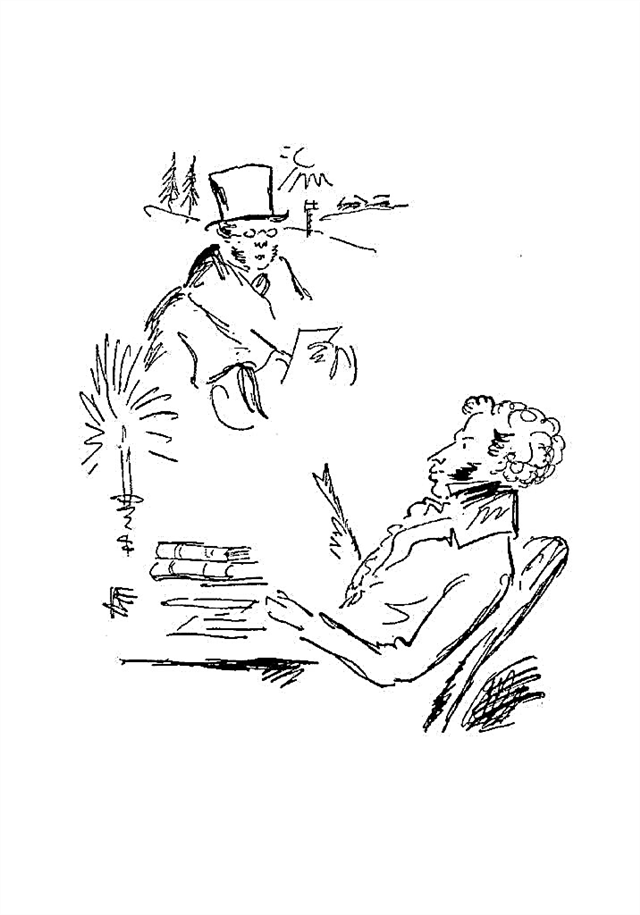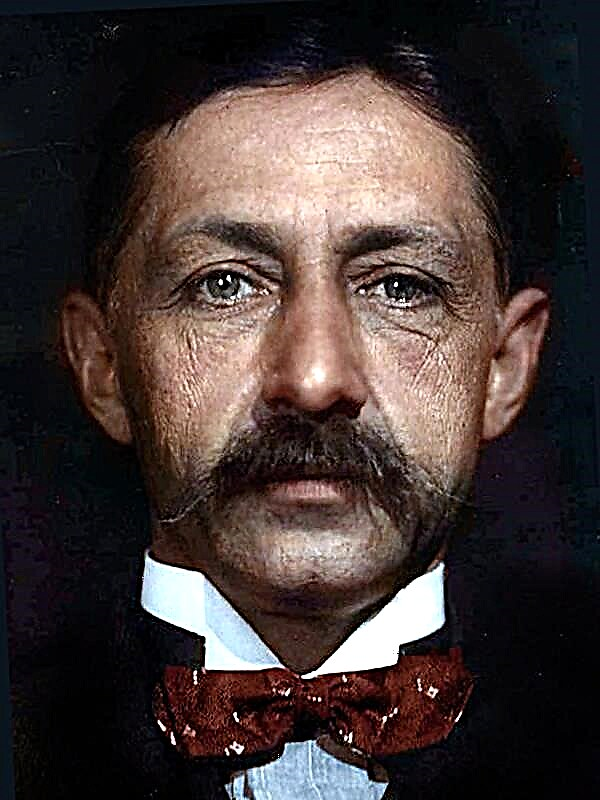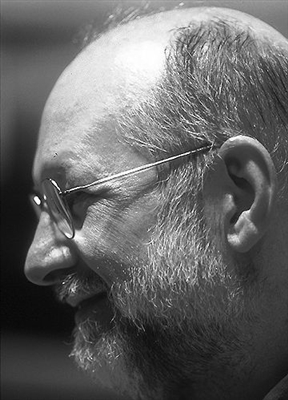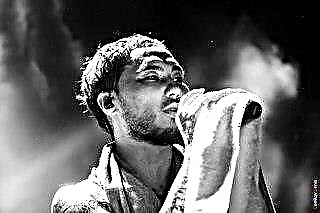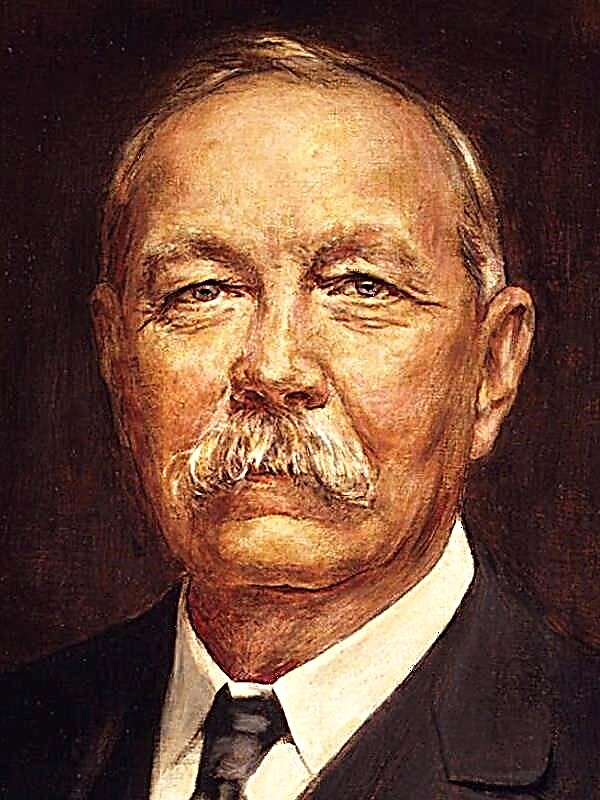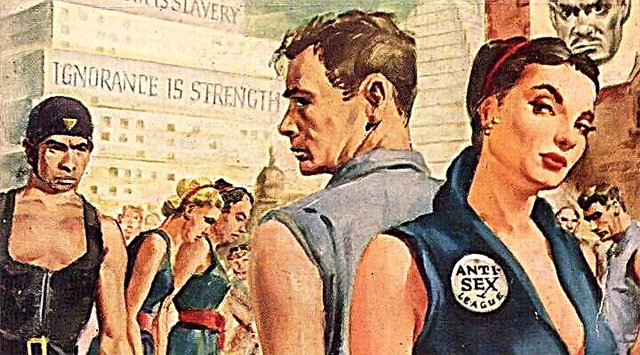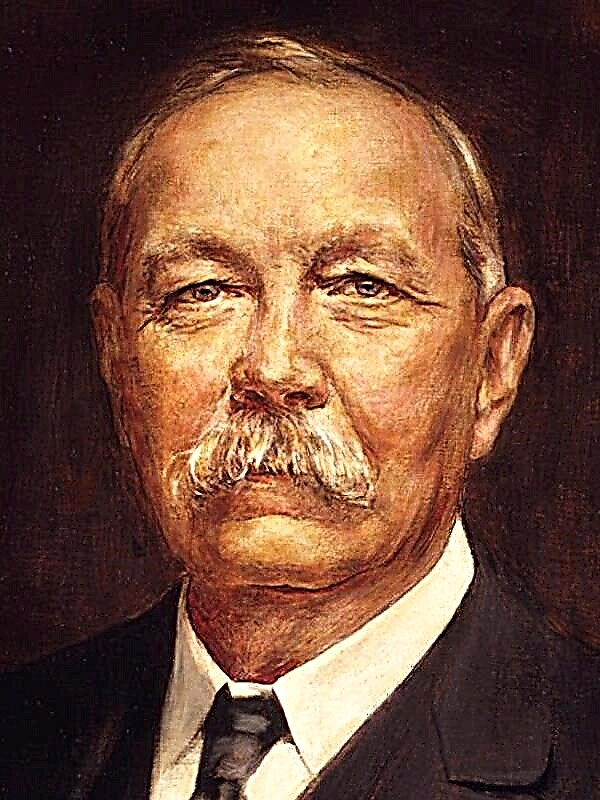(353 words) In the novel “Fathers and Sons” generations are not people connected by family ties, but a change of eras, times, societies: “fathers” are the nobility and “children” are a difference. Turgenev in his novel tried to reflect the trends in public life that existed in tsarist Russia in the 1850-1860s.
The only representative of the generation of “children” in the novel is Yevgeny Bazarov, a convinced nihilist, a young doctor who is fascinated by the natural sciences and the many disputes that he leads with the representative of the opposite “camp of the fathers” - Pavel Petrovich Kirsanov, uncle of Bazarov’s friend, Arkady. Pavel Petrovich represents the nobility, as well as the liberal movement, gravitating to conservatism. Uncle Kirsanov is a former military and secular man who cannot imagine his life without authority and principles, he loves the West, England, foreign languages and uses overseas words in his speech. He says that he loves the peasants, although Bazarov accuses him of insincerity, because when talking with serfs, "he smells cologne." Eugene also considers Pavel Petrovich “an archaic phenomenon”, but Kirsanov does not agree with this, he believes that the future lies in good traditions and liberalism. Of course, there are positive aspects in Pavel Petrovich, he loves his nephew Arkady and brother Nikolai Petrovich very much.
Nikolai Petrovich also refers to the “fathers” - he is a liberal, conservative father of the family. For the first time Bazarov meets Nikolai Petrovich on the porch of his estate: "In appearance, a man of about forty with a small one in a dusty jacket and checkered trousers." The main feature of Nikolai Petrovich is his romance, he loves Pushkin, nature, but does not care at all about the state of his economy, for which, of course, Bazarov condemns. Nikolai Petrovich is a kind man and a caring father, when Eugene says that "and his song is sung," Nikolai Petrovich agrees, saying that "the future is with young people."
The son of Nikolai Petrovich Arkady is the son of a nobleman, who had just arrived after studying at the university. Arkady was initially carried away by the revolutionary ideas of Bazarov, but this is only a feature of his romantic nature, inherited from his father. Later, in Arcadia, the character of the father manifests itself more and more - the desire to be a family man. Thus, Arcadia can also be considered a generation of aristocrats, i.e. "Fathers."
Representatives of the passing era are Bazarov’s parents - guardians of traditions, even Evgeny’s funeral is held in Orthodox religious rites, which Bazarov Jr. did not recognize.
I. S. Turgenev in his novel reflected the change in public consciousness, new trends and trends, noting that each generation has its own shortcomings, and the new does not mean the best.

